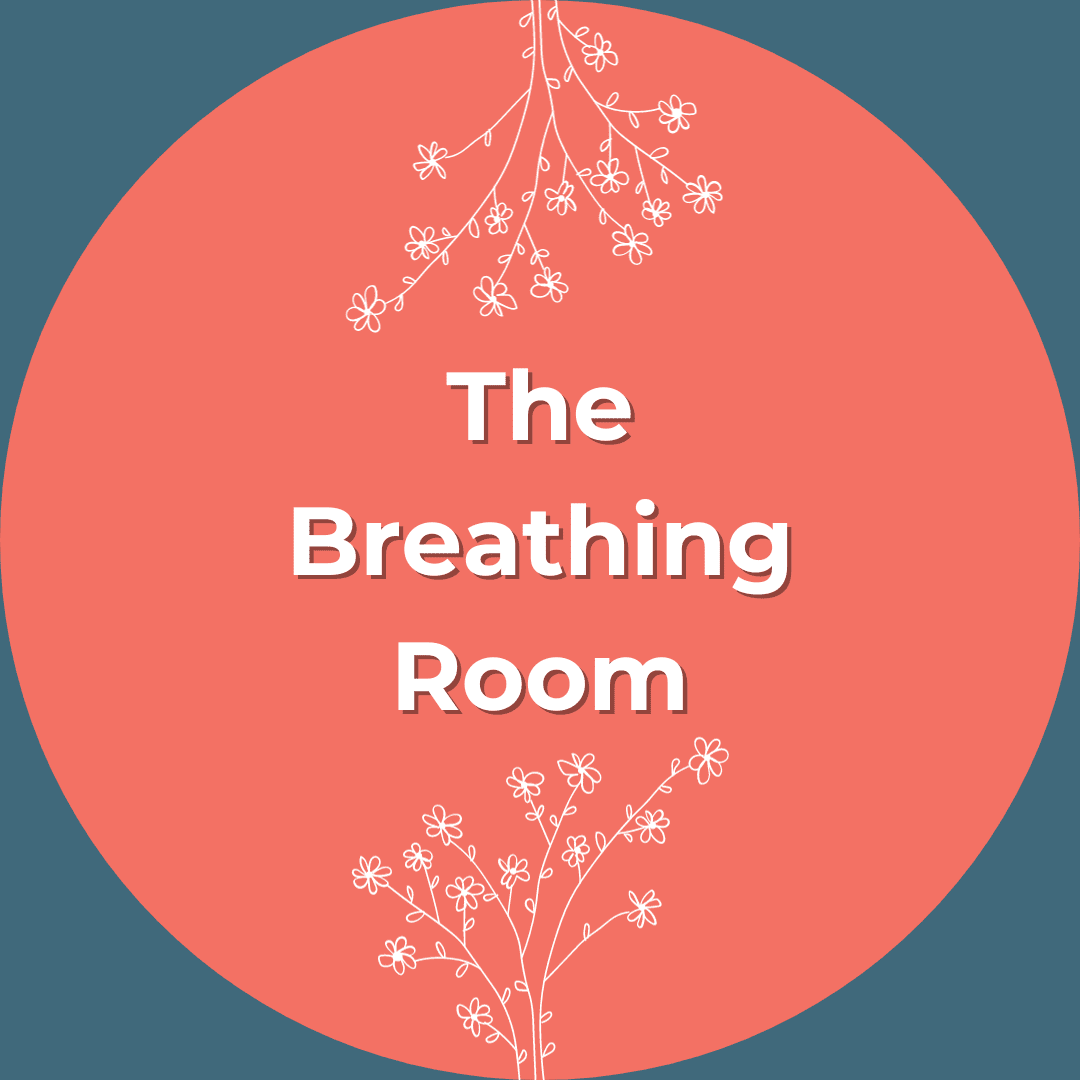When we’re children, everything seems like a big deal, because everything is. For a child, when something bad happens, it might be the worst thing that child has ever experienced. As adults, it’s easy to look at a kid crying over spilled milk and think, “Wow, I have much bigger problems to worry about. That’s not worth crying over.” But kids don’t have the frame of reference that adults have. It’s harder – or impossible – for them to see the bigger picture.
Do you see the bigger picture when you “spill milk” now? You’re late for work, you stumble over your words in a meeting, you forget to take out the trash. You start replaying the moment and wondering why you can’t have your life together. Then you pause and remember that being late, messing up your presentation and forgetting to take the trash out isn’t that big of a deal. There’s always tomorrow and you can be a little more prepared to make sure you’re on time the next day. No one actually notices all that much when you stutter over your words. The trash will run again next week and you can take it out then.
Maybe we don’t always want to put a positive spin on it. That’s okay. We can be neutral. “It doesn’t matter.” It doesn’t matter that you messed up your presentation. Most people don’t even notice. And if they did, so what? Everyone messes stuff up sometimes. At the end of the day, it doesn’t matter. This isn’t to say that the things that matter to you, don’t actually matter. But keeping the bigger picture of life in mind can help us decide what we want to matter to us. We get to decide what we care about.
It’s possible to turn “looking on the bright side” into something harmful – toxic positivity. Kendra Sherry describes toxic positivity in her article “What Is Toxic Positivity?” as “…the belief that no matter how dire or difficult a situation is, people should maintain a positive mindset.” She goes on to say, “While there are benefits to being optimistic and engaging in positive thinking, toxic positivity rejects all difficult emotions in favor of a cheerful and often falsely-positive façade.” So to clarify, I’m not recommending dismissing real issues by refusing to acknowledge harm. Trying to always find the good in a situation is no longer a healthy coping mechanism when you begin using it as a way to avoid dealing with your emotions. When you’re grieving, for example, looking for the good may not help. However, being optimistic in our daily lives can help us avoid slipping into a negative mindset.
Not everything is good, but there is something good in everything. It’s so much easier and more fun to live life when you see the positive side of things. A difficult time may mean you can lean on your support system or you find strength within yourself. Getting laid off from your job may mean taking a break to focus on yourself or finding a new position that you enjoy even more. A hole in your sweater can mean learning a new skill and mending it yourself.
Every situation has a piece you can enjoy. Every location has a beautiful element. Every person has positive traits. Don’t sell yourself short – make seeing the good in things your superpower! Even when your own life isn’t going well, see the good in the bigger picture. Someone is doing well. Someone is happy. Maybe it isn’t you. That’s okay. Be happy for them. Your turn is coming.
Even when your rainboots fill up with water or you find a hole in your raincoat, someone out there is still having a good day. One day, we can have a good day too. A rainy day may suck for us, but it sure is good for ducks. Sometimes, that’s enough.
Want to get early access to columns, unique newsletters and help keep The Sunrise News active? Then support us on Ko-Fi!



